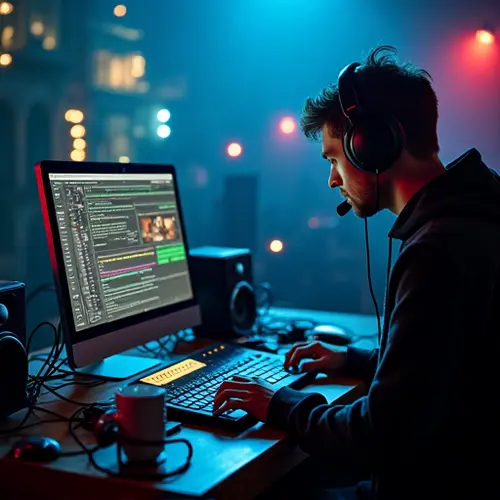
The Rise of AI in Music Production
Artificial Intelligence (AI) is transforming the music industry, enabling artists to produce, remix, and distribute music in unprecedented ways. From AI-generated compositions to automated mastering tools, technology is reshaping creativity and efficiency in the sector.
AI-Generated Compositions
AI models like OpenAI's MuseNet and Google's Magenta can now create original music by analyzing vast datasets of existing compositions. These tools allow artists to experiment with new genres and styles, often producing results indistinguishable from human-made music.
Automated Remixing and Mastering
AI-powered software such as LANDR and iZotope's Neutron can automatically remix tracks and master recordings, reducing the need for expensive studio time. This democratizes music production, making it accessible to independent artists.
Challenges and Ethical Concerns
While AI offers exciting possibilities, it also raises ethical questions. Issues like copyright infringement, the devaluation of human artistry, and the potential for AI to replace musicians are hotly debated.
Copyright and Licensing
AI models often train on unlicensed datasets, leading to legal disputes. The UK is currently debating reforms that could allow AI to use copyrighted material without permission, a move opposed by many artists.
The Future of Human Musicians
As AI becomes more sophisticated, some fear it could replace human musicians entirely. However, others argue that AI will serve as a tool to enhance, not replace, human creativity.
Conclusion
AI is undeniably reshaping the music industry, offering both opportunities and challenges. The key lies in balancing innovation with ethical considerations to ensure a sustainable future for artists and the industry.

 Nederlands
Nederlands
 English
English
 Deutsch
Deutsch
 Français
Français
 Español
Español
 Português
Português